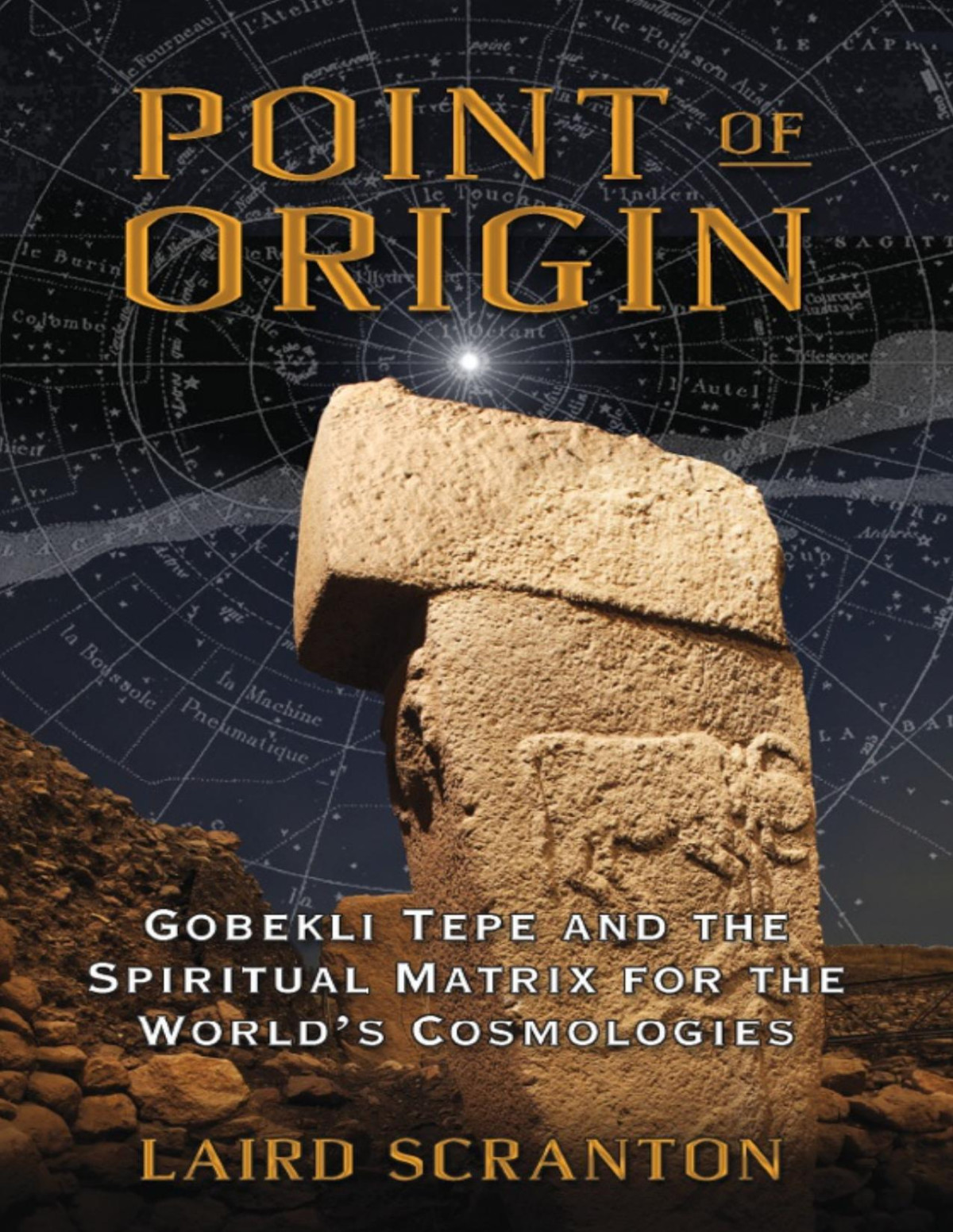

Most ebook files are in PDF format, so you can easily read them using various software such as Foxit Reader or directly on the Google Chrome browser.
Some ebook files are released by publishers in other formats such as .awz, .mobi, .epub, .fb2, etc. You may need to install specific software to read these formats on mobile/PC, such as Calibre.
Please read the tutorial at this link: https://ebookbell.com/faq
We offer FREE conversion to the popular formats you request; however, this may take some time. Therefore, right after payment, please email us, and we will try to provide the service as quickly as possible.
For some exceptional file formats or broken links (if any), please refrain from opening any disputes. Instead, email us first, and we will try to assist within a maximum of 6 hours.
EbookBell Team

5.0
90 reviewsThis volume is the fifth in a series of books whose focus is on concepts of ancient cosmology and language. The terms cosmology and language refer to the ways in which ancient cultures conceived of the processes of creation and to the words, myths, and symbols they used to express those concepts. From the perspective of many ancient societies, the term cosmology was applied somewhat more broadly than we might expect it to be today; for them the term commonly referred to the processes by which the universe, our material world, and humanity itself were thought to have come into existence. Because of this, our discussions of ancient cosmology have touched on subjects that range from folklore, myth, and religion to biology, astronomy, and even astrophysics.
In this series of volumes, our studies began with a modern-day African tribe called the Dogon, whose culture reflects many of the archetypal elements that we associate with the classic ancient creation traditions from Africa, Egypt, India, and Asia. To have encountered such a broad set of symbols, themes, words, and concepts coexisting side by side within a single culture suggested that these ancient traditions may have once shared more of a common history than has been traditionally presumed. This presented us with a unique opportunity to explore a broad set of potential commonalities among those seemingly distinct traditions. My approach throughout these studies has been to compare the beliefs and practices of several different ancient traditions as a way to learn more about them, and so the field of study they relate to is appropriately called comparative cosmology. Such comparative studies rest on the use of certain techniques that help us to correlate different aspects of these ancient traditions in positive ways.